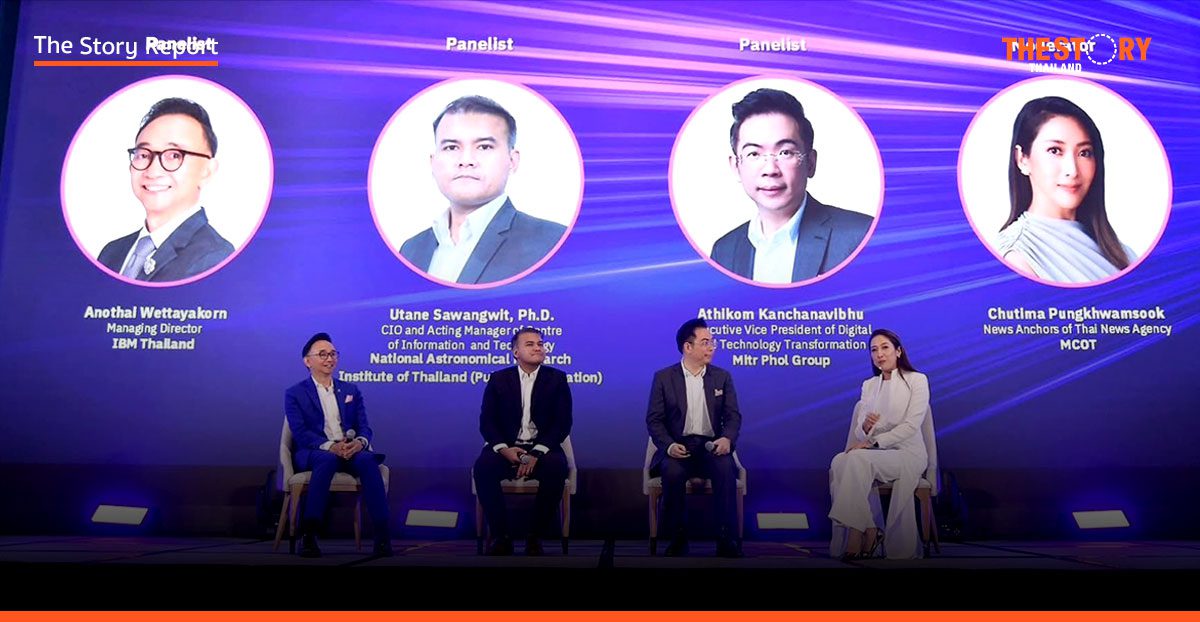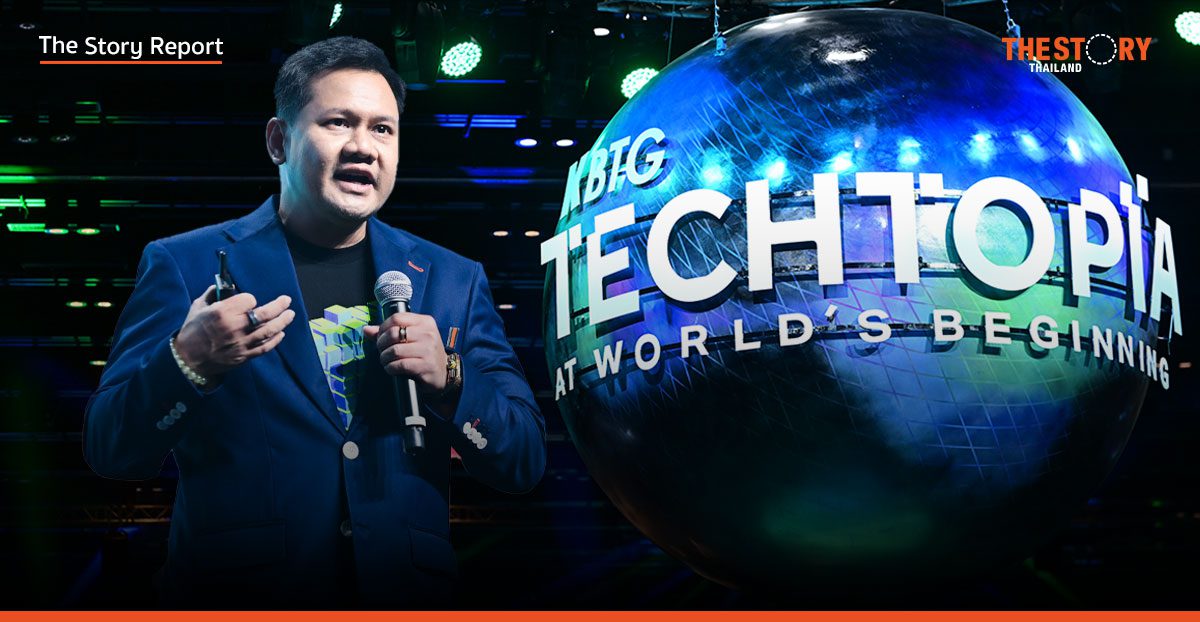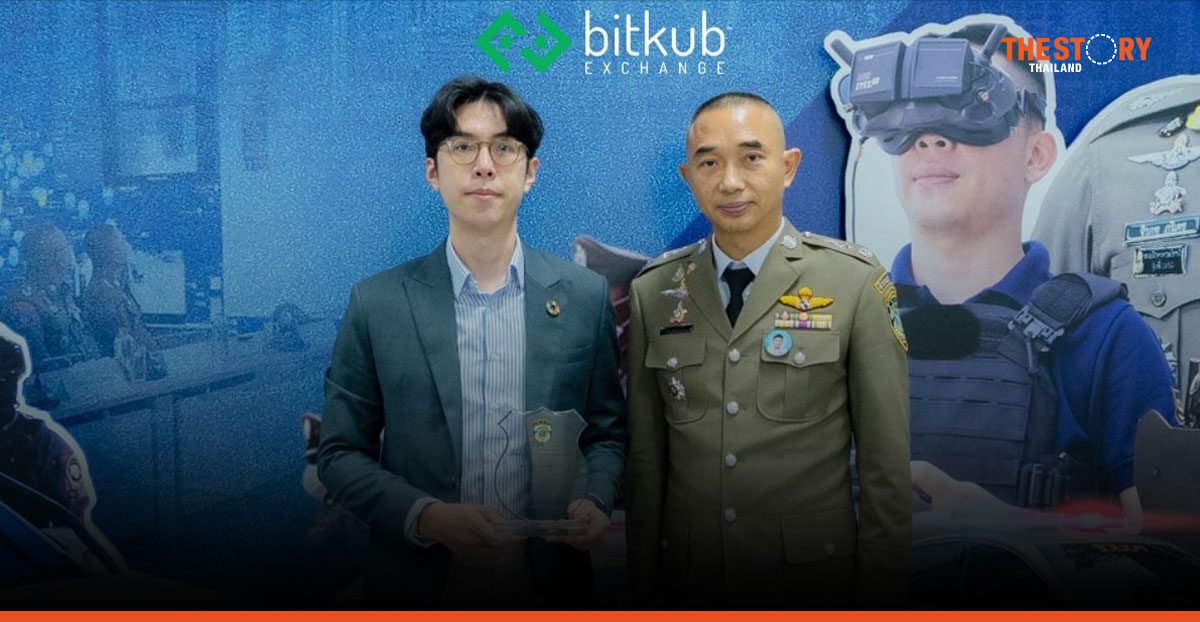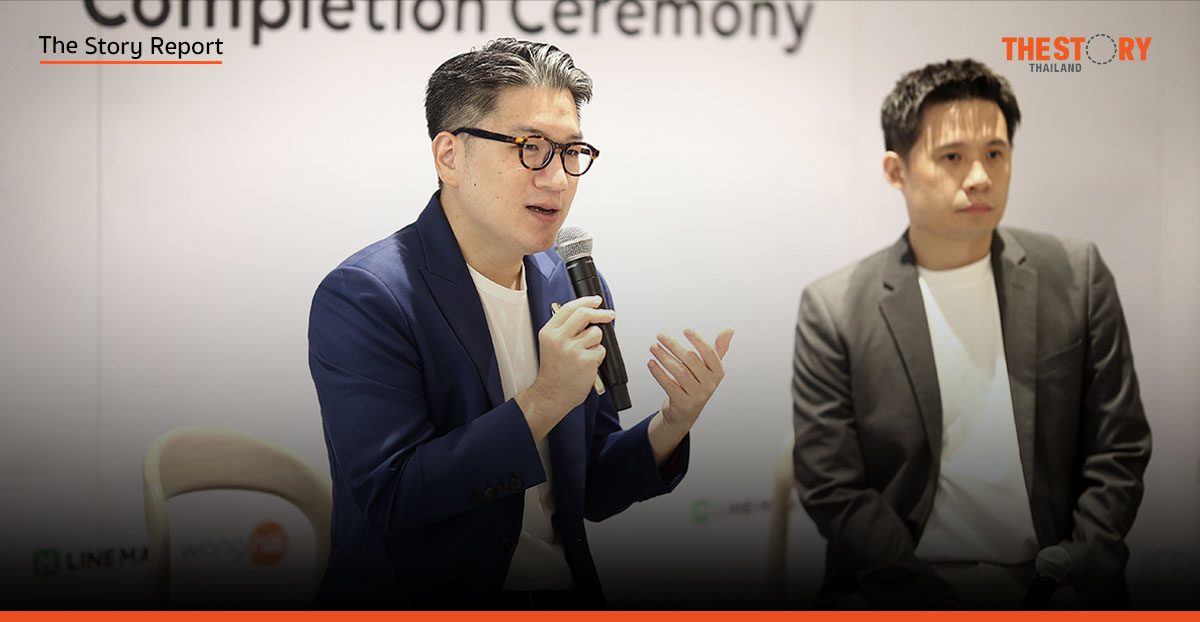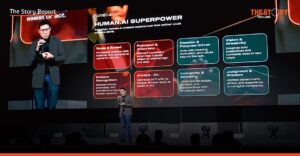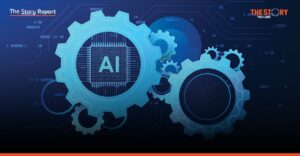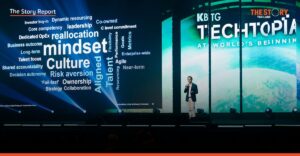In boardrooms and research labs across Thailand, a single message is echoing with increasing urgency: Artificial Intelligence is no longer a future trend, but a present-day tool for survival. A recent convergence of leaders from legacy agriculture, advanced astrophysics, and global technology has thrown the nation’s AI readiness into sharp relief, revealing both pockets of remarkable innovation and stark warnings of falling behind regional competitors.
From the Field to the Factory: Mitr Phol’s AI Revolution
While many know Mitr Phol Group as a global sugar powerhouse with revenues exceeding 160 billion baht (approx. $4.5 billion USD), the company’s quiet integration of AI is reshaping its operations from the ground up. Athikom Kanjanaviphu, the group’s Assistant Managing Director for Digital & Technology Transformation, explained that a seven-year digital journey laid the groundwork for the last four years of intensive AI implementation.
The strategy spans the entire value chain. For farmers, a proprietary app uses AI for identity verification and harvest scheduling. In the fields, AI models analyze satellite imagery to forecast crop yields with remarkable accuracy, enabling outreach teams to provide data-driven advice. In its factories, particularly in the ethanol business, AI and IoT sensors now optimize the complex yeast fermentation process, a task once governed solely by human experience.
Despite the scale of these initiatives, Mitr Phol’s core AI team consists of just 15 specialists who leverage university partnerships and internal upskilling programs to drive innovation. The results are tangible: last year, the company attributed 690 million baht (nearly $20 million USD) in business impact directly to its AI projects.
“If your digital and data foundations aren’t strong, implementing AI is like trying to build on a debt,” Athikom cautioned. “A solid data infrastructure is the true heart of AI success.”
The Cosmos and the Data Deluge: NARIT’s AI Imperative
While Mitr Phol uses AI to understand the earth, the National Astronomical Research Institute of Thailand (NARIT) uses it to decipher the heavens. Dr.Uten Sawangwit, NARIT’s CIO, emphasized that modern astronomy is a key driver of advanced technology, with its historical innovations leading to everyday tools like Wi-Fi and smartphone camera sensors.
With world-class assets like the 2.4-meter National Telescope and a global robotic telescope network, NARIT faces a monumental challenge: data. One project alone, the Go-To Network for tracking gravitational waves, generates seven terabytes of data every night.
“For astronomy, AI is not an option; it is a must,” Dr. Uten stated plainly. “Without it, our researchers would be drowned in data, making discovery impossible.”
AI algorithms now sift through this cosmic deluge to identify asteroids and supernovae, work conducted by Thai researchers and students. This frontier science has practical applications, contributing fundamental knowledge that improves the accuracy of essential technologies like GPS.
A Global Perspective: IBM’s Wake-Up Call for Thailand
This reliance on AI in advanced science stands in stark contrast to the broader business landscape. Anothai Wettayakorn, Managing Director of IBM Thailand, delivered a sobering assessment based on World Bank data. The report indicates that while 98% of Malaysia’s workforce and 84% of Vietnam’s use AI for innovation, Thailand’s figure is a mere 6%.
“This is a national wake-up call,” Anothai warned, highlighting a critical talent shortage with over 80,000 unfilled AI-related jobs. He advised that companies must shift from being “a hammer looking for a nail”—finding problems to fit a technology—to starting with a clear business need. He urged a “start small, scale fast” approach, grounded in a strong framework for Responsible AI and governance.
The journeys of Mitr Phol and NARIT prove that AI is already an indispensable engine for growth in Thailand. Yet, the national data suggests they are the exception, not the rule. As the technology evolves toward “Agentic AI,” where it acts as a collaborator, the gap between the pioneers and the laggards could widen into a chasm.
The ultimate question for Thailand is no longer if it will adopt AI, but whether its leaders and workforce can evolve their thinking as fast as the technology itself.
The Autonomous AI Era: A New Playbook for Business
AI and Data Reshape Lending in Thailand


